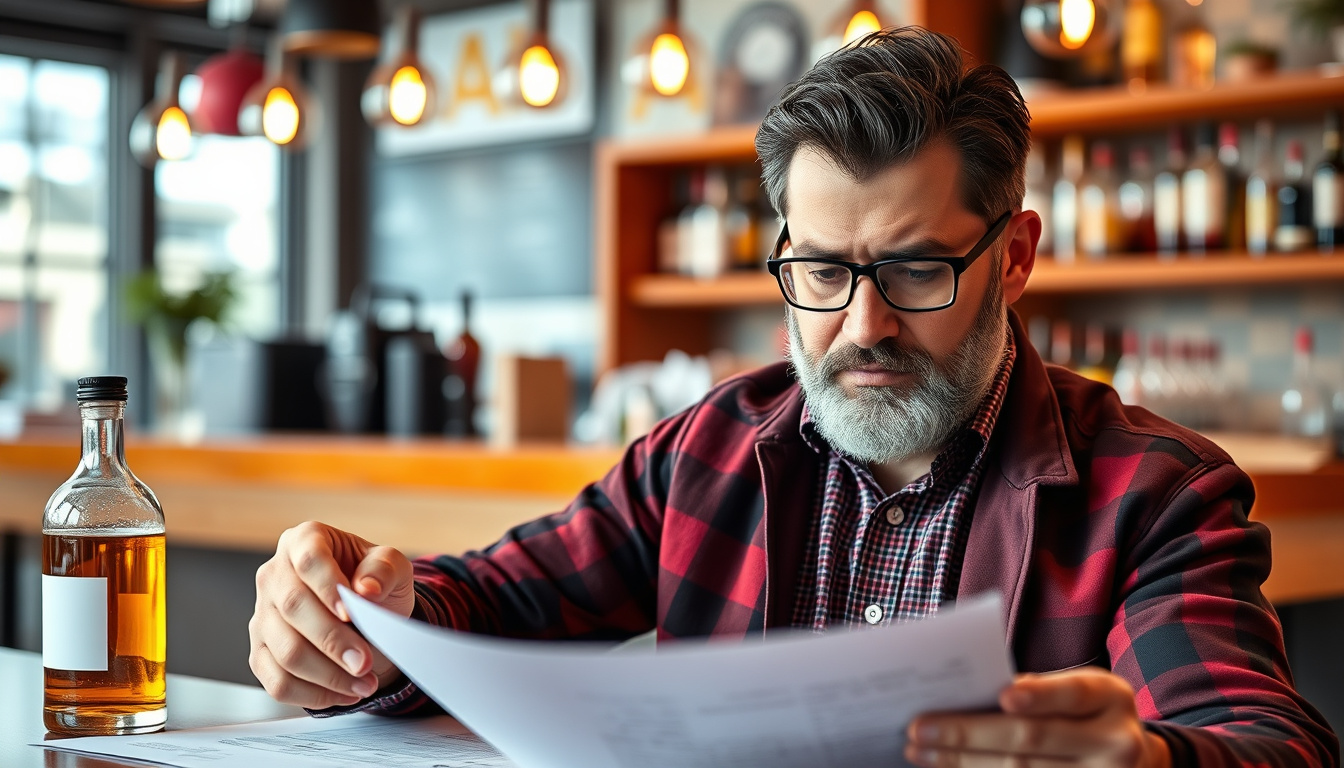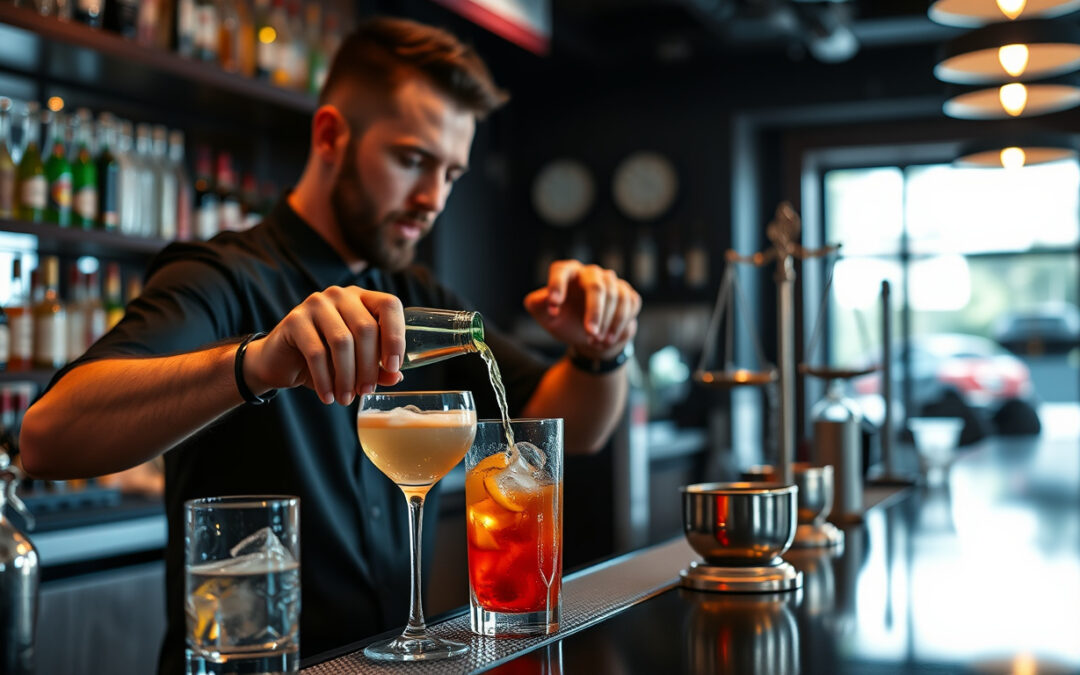In the world of hospitality, retail, and event management, understanding alcohol liability is essential for legal protection and operational success. When serving or selling alcohol, businesses face significant risks related to alcohol liability — the legal responsibility for damages caused by intoxicated patrons. This article explores what alcohol liability means, how it affects businesses, and the steps organizations can take to manage these risks effectively.
What Is Alcohol Liability?
Alcohol liability refers to the legal obligation that a business holds when its actions contribute to harm caused by intoxicated individuals. It encompasses various scenarios — from injuries sustained in an accident after alcohol consumption to legal claims arising from excessive drinking. Essentially, if a business is found negligent in preventing alcohol-related harm, they may be held financially responsible.
Why Does Alcohol Liability Matter for Businesses?
The importance of alcohol liability stems from potential legal, financial, and reputational consequences. For example, if a customer leaves an establishment intoxicated and causes a car accident, the business could face lawsuits, hefty fines, or license sanctions. Moreover, managing alcohol liability helps foster safer environments, reduce legal risks, and uphold a responsible reputation.
Legal Basis for Alcohol Liability
Alcohol liability laws differ across jurisdictions but generally fall into two categories:
-
Dram Shop Laws: These laws permit injured parties to sue alcohol vendors, such as bars or restaurants, if they served alcohol to someone visibly intoxicated or underage, and that person caused harm.
-
Social Host Laws: These hold individuals or organizations, like private hosts at a party, liable if they served alcohol to minors or visibly intoxicated guests resulting in injury.
These laws aim to discourage irresponsible service and promote accountability in alcohol sales and service.
Impact of Alcohol Liability on Businesses
Understanding the implications of alcohol liability is critical for any business involved in alcohol service. Let’s examine how it can impact operations:
-
Legal and Financial Risks: Businesses can be sued for damages resulting from alcohol-related incidents, leading to significant financial liabilities through settlements, judgments, or increased insurance premiums.
-
Operational Changes: To minimize liability, businesses often implement training programs, strict ID checks, and policies aimed at responsible alcohol service.
-
Reputation and Customer Trust: Responsible alcohol service enhances customer trust and community standing, while violations or incidents can tarnish a brand’s image.
-
Regulatory Compliance: Many local and state agencies enforce alcohol laws, with penalties for violations including fines, suspension, or revocation of licenses.
Managing Alcohol Liability: Best Practices
To mitigate alcohol liability, businesses should adopt comprehensive strategies that emphasize responsible service and legal compliance:
1. Employee Training and Certification
Invest in training programs such as TIPS (Training for Intervention Procedures) or ALEA (Alcohol and Licensed Establishment Accreditation). Well-trained staff are better equipped to identify signs of intoxication and intervene responsibly, reducing liability.
2. Implement Strict ID Policies
Always verify age with valid identification to prevent underage sales. Enforce a zero-tolerance policy for serving minors.
3. Create and Enforce Responsible Service Policies
Develop clear policies outlining how to handle intoxicated patrons, including stopping alcohol service to visibly intoxicated guests. Post policies visibly for staff.
4. Maintain Accurate Record-Keeping
Keep detailed records of alcohol sales, incident reports, and staff training sessions. These records can be vital in defending against legal claims.
5. Carry Adequate Liability Insurance
Secure comprehensive liquor liability insurance to protect your business financially from alcohol-related claims. Insurance providers assess your risk profile and advise on coverage limits.
6. Engage in Community Education
Partner with local authorities to promote responsible drinking and patron safety. Community engagement can improve public perception and reduce incidents.
7. Regularly Review and Update Policies
Laws and best practices evolve, so regularly update your policies to stay compliant and mitigate emerging risks.

The Role of Insurance in Alcohol Liability Management
Liability insurance is a crucial safeguard for businesses serving alcohol. It covers legal costs, settlements, or judgments associated with alcohol-related incidents. Choosing the right policy involves scrutinizing coverage limits, exclusions, and claim procedures. Consult insurance professionals who specialize in liquor liability to tailor coverage to your specific operations.
Case Study: How a Bar Reduced Alcohol Liability Risks
A local bar in a bustling downtown area faced frequent incidents of intoxicated patrons leaving and causing accidents. After implementing mandatory bartender training, strict ID checks, and a policy to cut off service at signs of intoxication, the bar saw a significant decrease in legal claims. Additionally, they purchased liquor liability insurance to cover unforeseen incidents. As a result, the business experienced fewer incidents, protected its reputation, and fostered a safer community environment.
Key Takeaways
- Alcohol liability is a significant legal risk for businesses serving alcohol, encompassing situations where negligence leads to harm.
- Laws like dram shop and social host laws hold vendors and hosts accountable for serving alcohol irresponsibly.
- Implementing responsible service policies, training staff, maintaining records, and acquiring appropriate insurance are key strategies to mitigate liability.
- Regularly reviewing policies and engaging with the community support ongoing risk management.
Frequently Asked Questions About Alcohol Liability
Q1: How does alcohol liability affect my business insurance premiums?
Answer: Businesses with higher risks of alcohol-related incidents typically face increased insurance premiums. Implementing responsible service practices and maintaining good records can help lower premiums and improve coverage options.
Q2: Can I be held liable if a customer drinks outside my business and causes harm?
Answer: Generally, social host laws apply to private parties, not licensed businesses. However, if your business’s irresponsible service contributed to the intoxication, liability can be established under dram shop laws.
Q3: What precautions can I take to reduce alcohol liability in my establishment?
Answer: Some key precautions include staff training, strict ID verification, refusing service to intoxicated patrons, documenting incidents, and carrying adequate liquor liability insurance.
Conclusion
Understanding alcohol liability is vital for maintaining legal compliance, safeguarding financial assets, and fostering a safe environment for patrons and employees alike. By implementing responsible service policies, staying informed about legal obligations, and carrying appropriate insurance, businesses can effectively manage and reduce their alcohol liability risks. Prioritizing responsibility not only protects your bottom line but also enhances your reputation within the community.
For more detailed guidance and legal specifics, consult local regulations and industry authorities or legal counsel specializing in hospitality law.
(Source: Insurance Information Institute)— https://www.iii.org/article/liquor-liability-insurance


